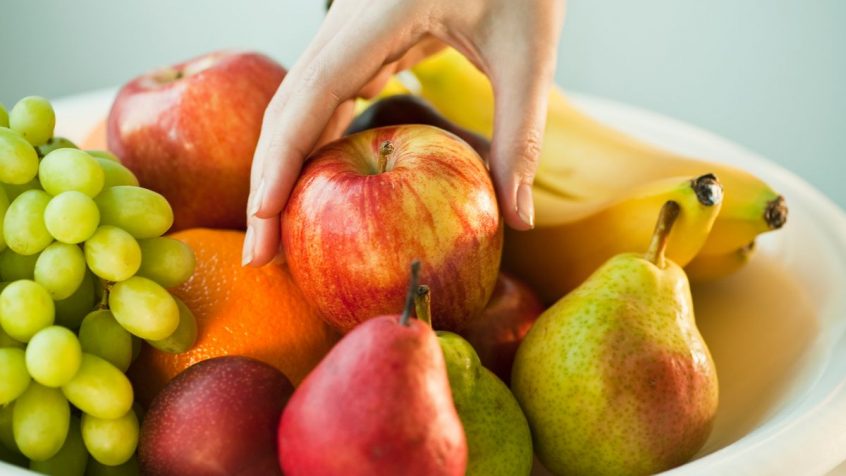Miscarriage is such a devastating event in anyone’s life that I’d support all initiatives that seek to prevent it. Well, what if something as simple as changing your diet could lower your risk?
Worth a try? I should say so, and researchers at Birmingham University are leading the way.
A study there from the Tommy’s miscarriage charity team analysed 20 projects that explored the tie between birth and eating habits in the months before and after conceiving a baby.
Sure enough, they uncovered evidence that a diet rich in fruit, vegetables, seafood, dairy products, eggs and wholegrains does reduce miscarriage risk.
The review found that when compared to low consumption, high intake of fruit alone would lead to a 61% reduction in the chance of miscarriage. High vegetable intake could be linked to a 41% cut.
For dairy products it’s a 37% reduction, 33% for grains, and 19% for seafood and eggs.
A diet high in “ultra-processed food”, such as certain bread, cake, sausages and ready meals, doubled the risk of miscarriage. Data was collected from a period before and during the first three months of pregnancy on nearly 64,000 healthy women.
Dr Yealin Chung, specialist trainee in obstetrics and gynaecology at Birmingham University, said: “Miscarriage is common, with estimates suggesting one in six pregnancies end in miscarriage, and there are many known causes, from problems with a baby’s chromosomes to infections in the womb.
“Yet nearly 50% of early pregnancy losses remain unexplained and in the absence of a cause, parents often turn to their healthcare providers for guidance on the best ways to be as healthy as possible and to reduce the risk of future miscarriages”.
Evidence is accruing that lifestyle changes, including changes to your diet, stopping smoking and not drinking alcohol, before conceiving and in the first vulnerable weeks of pregnancy, lower the risk of miscarriage.
Tommy’s midwife Juliette Ward said: “Advice on diet is one of the most-discussed subjects for us when talking with pregnant women and birthing people.
“We know that baby loss is very rarely the result of someone’s lifestyle choices, but many people want to know how to be as healthy as possible in pregnancy.
“Following a healthy diet, taking supplements such as vitamin D and folic acid, exercise and trying to lower stress are all things people can try to do.
“But there’s been a lack of clear evidence on the links between diet choices and miscarriage.”
Now we have it.

